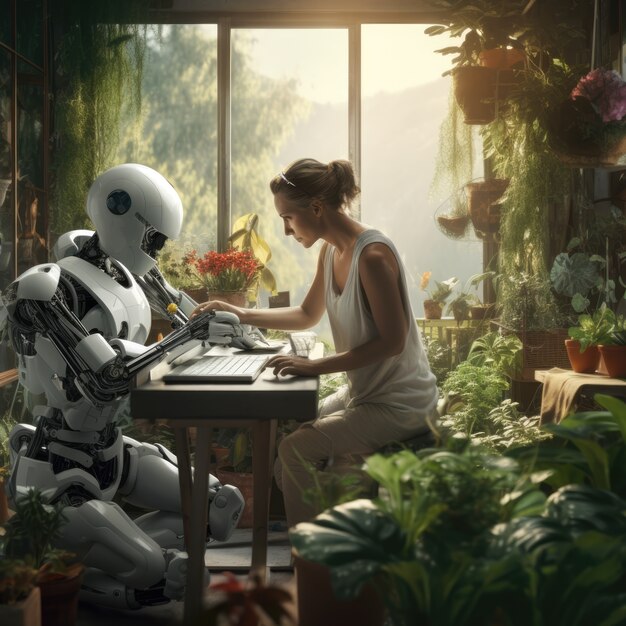
1X Technologies, a Norwegian robotics startup supported by OpenAI, has announced that it has raised $100 million in a Series B funding round. The investment includes contributions from prominent names such as EQT Ventures, Samsung NEXT, Nistad Group, and existing backers like Sandwater and Skagerak Capital.
The company plans to use the new funds to support its current enterprise customers and launch its new bipedal android, “NEO,” into the market. The goal is for these humanoid robots to work alongside humans, addressing growing labor demands and benefiting society.
However, the journey won’t be straightforward. Bipedal robots have been around for a while, including ones developed by well-funded companies, and they are continually improving with advancements in AI.
Founded ten years ago by Bernt Øivind Børnich, 1X Technologies, originally called Halodi Robotics, aimed to create general-purpose robots for labor-intensive tasks. Over the years, the company developed high-torque drive servo motors that mimic natural muscle movements and started delivering robots to enterprise clients. The major breakthrough came in 2022 when 1X partnered with OpenAI, integrating AI models to add intelligence to its machines. These models allow the robots to understand and execute tasks based on natural language instructions while learning over time.
The company’s wheeled robot, Eve, is already being used by multiple organizations for industrial tasks like moving equipment, opening doors, and fulfilling orders in both structured and unstructured environments. Eve’s abilities were honed through embodied learning at the company’s studio in Norway. The robots are trained for practical tasks and industry-specific behavior using embodied learning, diverging from traditional coding methods. Operators guide the androids through various scenarios using VR Teleop, teaching them new skills through practical experiences.
1X is also developing Neo, a bipedal humanoid designed for home assistance, capable of tasks like cleaning, organizing, and running errands. Although these robots are autonomous, they can still be remotely controlled if they encounter tasks they can’t handle, dangerous zones, or malfunction.
Today, 1X is manufacturing androids at a commercial scale, although specific growth figures remain undisclosed. Customers like Sunnass Hospital and Everon have deployed about 250 androids for night guarding in commercial buildings. With this latest funding round, bringing their total capital to nearly $137 million, the company plans to support existing enterprise customers and introduce Neo to the consumer market. They also aim to scale their data collection and training strategy for embodied AI.
The rise of AI, particularly language models, is enhancing the capabilities of humanoid robots. Organizations such as Hyundai Motor Group’s Boston Dynamics and Elon Musk’s Tesla are also exploring AI-enabled humanoids. The AI robot market is projected to grow significantly, from $6.9 billion in 2021 to $35.3 billion in 2026, with a compound annual growth rate (CAGR) of nearly 39%.